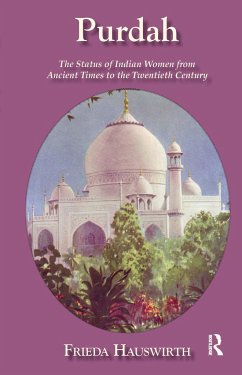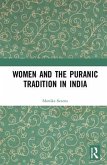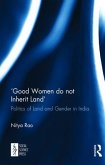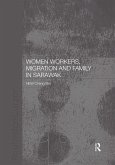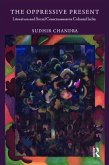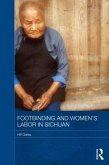Purdah, which can be formal law or informal custom, involves keeping women segregated from society, restricting their independence, and obliging them to dress in clothing that fully covers them. First published by Kegan Paul in 1932, this was a seminal book for the women's rights movement in general, and the Indian Woman's Movement in particular, and remains highly relevant today, as Indian, Islamic and Asian women continue to feel the conflict between modernity and tradition. Swiss by birth and married to an Indian, the author had a unique opportunity to see life in India from the perspective of women in purdah. Beginning in the Vedic period, she shows how the institution of purdah developed over time, describes purdah as long practiced in India, and then details the various reform and suffragette measures undertaken to eradicate it and the effect of the Nationalist movement on Indian women's freedom. There are clear parallels with women in other countries. In recent decades, purdah is once again reasserting itself in parts of India and elsewhere as conservative forces gain ground. This important work gives insight into the roots and strength of this tradition.
Hinweis: Dieser Artikel kann nur an eine deutsche Lieferadresse ausgeliefert werden.
Hinweis: Dieser Artikel kann nur an eine deutsche Lieferadresse ausgeliefert werden.
